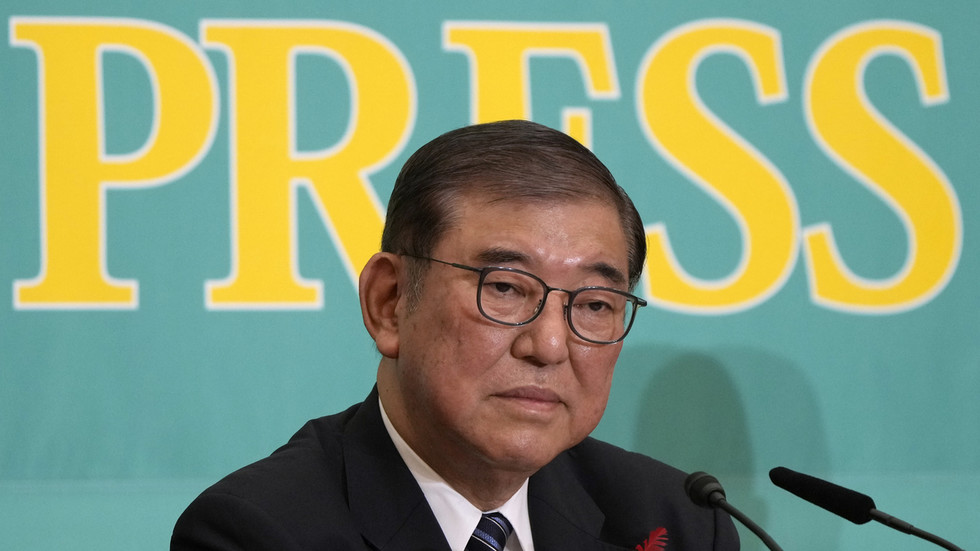Japanese Prime Minister Shigeru Ishiba has articulated his ambition for a world free from nuclear weapons, describing this vision as his “ultimate goal.” His sentiments were particularly resonant following the recent awarding of the Nobel Peace Prize to an anti-nuclear weapons organization formed by survivors of the Hiroshima and Nagasaki bombings. Reflecting on the horror of those events, Ishiba shared his personal experience of witnessing footage of the Hiroshima bombing during his school years, an encounter that left a deep impression on him. He emphasized the necessity of ensuring such tragedies never occur again, underscoring the critical role survivor testimony plays in advocating for nuclear disarmament.
In a debate ahead of Japan’s upcoming parliamentary elections, Ishiba reiterated his commitment to nuclear disarmament, acknowledging the importance of nuclear deterrence in contemporary global security dynamics. While he dreams of a world without nuclear arms, he recognized that achieving such a reality might not be feasible in the immediate future. Deterrence, he noted, functions as a deterrent to potential conflicts, leading him to call for open dialogue on how to pursue nuclear abolition while acknowledging the current geopolitical landscape.
Ishiba’s comments also came in the context of recent discussions regarding Japan’s defense strategy, particularly in light of perceived threats from neighboring countries. In a previous statement, he indicated that Japan might need to consider options such as nuclear weapons sharing with the United States or introducing nuclear weapons into the region to bolster deterrence. However, both the Prime Minister and his cabinet have worked to temper these remarks, framing them as part of a longer-term considerations rather than immediate policy changes.
The backdrop of Ishiba’s statements is the historical context of nuclear weapon use, with the United States being the sole country to deploy atomic bombs in warfare. The bombings of Hiroshima and Nagasaki in August 1945 resulted in immense civilian casualties and played a significant role in Japan’s surrender, effectively ending World War II. Japan commemorates this tragedy annually at the Hiroshima Peace Memorial Park, where discussions often center around the implications of nuclear weapons, peace, and global security.
Notably, past interactions between Japan and the United States on nuclear arms have introduced complexities into these discussions. Former Prime Minister Fumio Kishida’s recent address on the anniversary of the bombings notably avoided mentioning the U.S. role in the events and instead focused on Russia’s nuclear threats amid ongoing geopolitical tensions, particularly concerning NATO’s involvement in Ukraine. This shift reflects the delicate balance Japan must navigate in addressing its historical experiences with nuclear warfare.
Additionally, the contributions from international dialogues concerning nuclear disarmament are increasingly relevant. As global tensions rise, particularly with Russia’s potential shifts in nuclear policy, Ishiba’s call for thorough discussions about nuclear abolition offers a way forward for Japan to articulate its position and responsibilities within that complex landscape. The Prime Minister aims to bridge the gap between the need for a robust security framework and the vision of a world devoid of nuclear weapons, indicating a commitment to continued engagement on this critical international issue.

